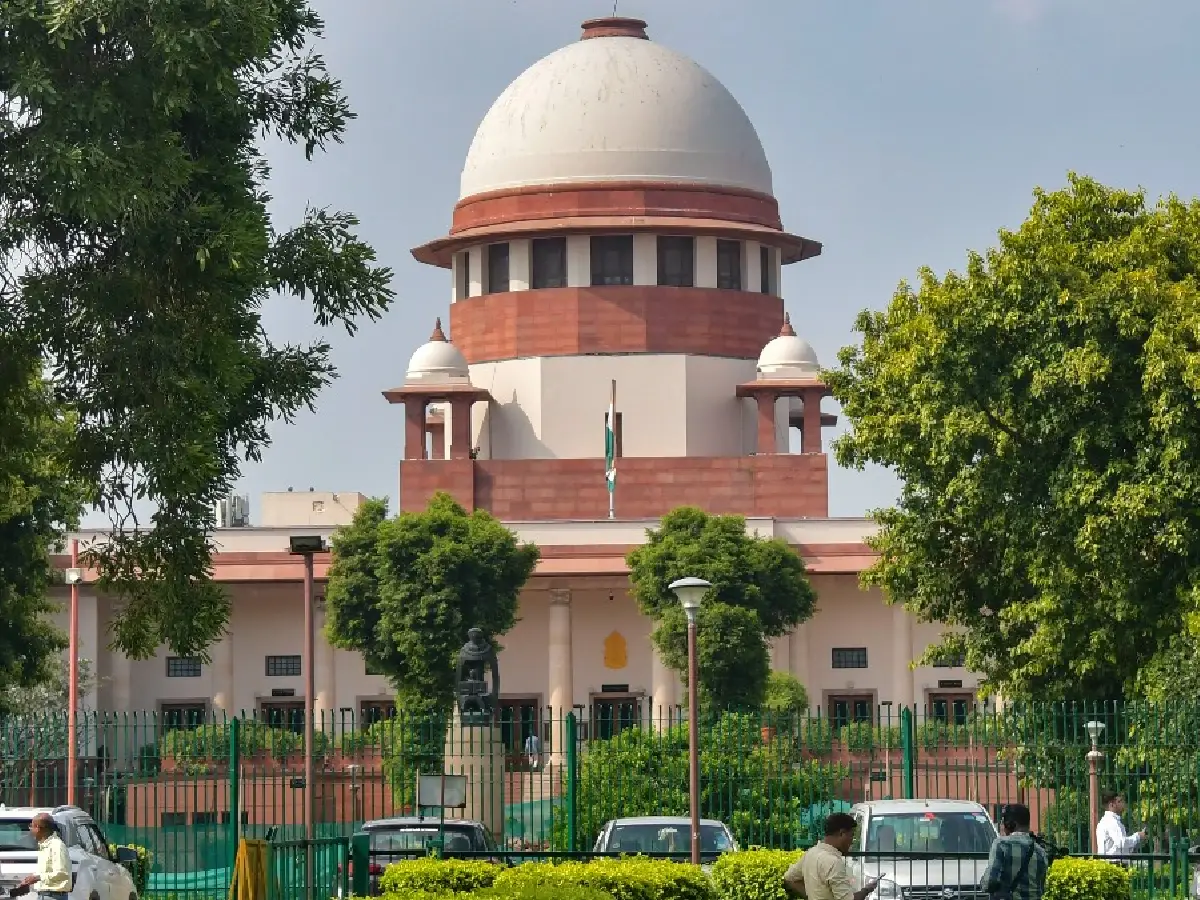The Delhi pollution case was presented in front of the Supreme Court. While in the hearing, the court showed its dissatisfaction with the Delhi government. The court stated its skepticism regarding the Delhi government’s claim. While in the court session, there was a request to take into account the restrictions enforced under GRAP-4 because of pollution in Delhi.
Supreme court announced that it will review on November 25 the possibility of easing the GRAP-4 restrictions put in place to manage pollution in Delhi-NCR. Justice Abhay S. Oka and Justice Augustine George Masih were unhappy with the inadequate enforcement of GRAP-4 restrictions, specifically the ban on non-essential truck entry into Delhi.
The Graded Response Action Plan was put into effect for the first time in 2017. It presents a step-by-step strategy to respond to the level of air pollution in Delhi-NCR. GRAP classifies air quality into four categories: poor (AQI 201-300), very poor (AQI 301-400), severe (AQI 401-450), and very severe (AQI above 450).
Supreme court designated 13 lawyers as court commissioners to examine the implementation of truck ban at different entry points of Delhi. The Delhi government stated that 13 out of 113 entry points are exclusively designated for trucks. The Supreme Court instructed the Center and Delhi Police to establish checkpoints at every entrance.
In the hearing, Solicitor General Aishwarya Bhati mentioned that the pollution has reduced in two days and now the AQI falls under the Grap-2 category. Delhi’s air quality index (AQI) was at a very poor level of 373 on Friday.
Supreme Court described the social and economic consequences of GRAP-4 as severe and inquired about the delay in the Delhi government’s enforcement of strict measures and its ineffective implementation.

